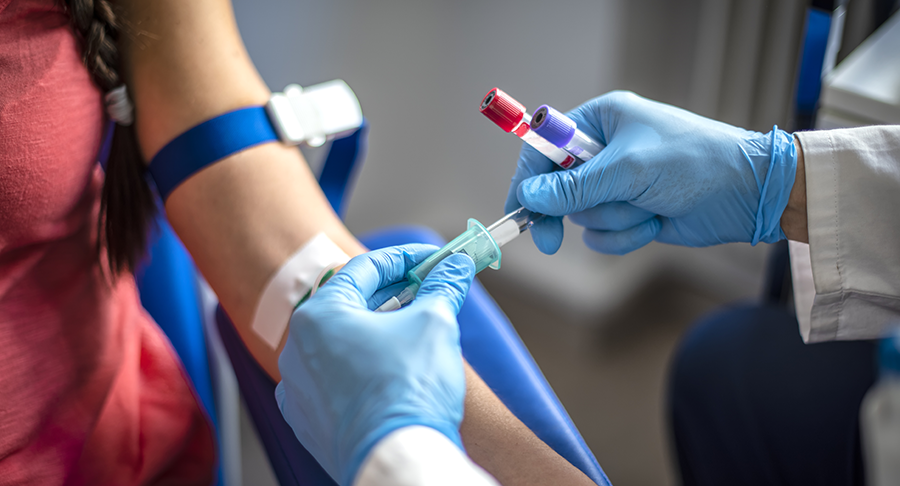Preparing for a Lab Test: Ensuring Accurate Results for Your Health
Lab tests provide vital insights, constituting nearly 80% of the information about the body's condition. This data forms a comprehensive picture, aiding doctors' inaccurate diagnoses. However, adhering to preparation guidelines may yield reliable results, potentially leading to incorrect treatments.
Key Considerations
- Timing Matters: Blood values exhibit significant variations throughout the day. It is advisable to schedule tests in the morning to align with established reference intervals, especially crucial for hormonal studies. It not only enhances result accuracy but also ensures the relevance of the data for effective medical interpretation.
- Compliance is Crucial: Following the prep steps is super important for getting accurate results. It may involve fasting for specific tests or abstaining from certain medications. Not sticking to these guidelines might throw off the results, making it harder for your doctor to recommend the right treatments for you.
Remember, your dedication to getting things right beforehand ensures that the information we collect from your lab tests is reliable. This, in turn, makes it easier for us to guide you towards the best healthcare decisions. Your proactive approach to preparation is a key part of your health journey!
How to Prepare for a Lab Test

Take Blood on an Empty Stomach
For optimal accuracy, ensure blood is drawn on an empty stomach, allowing 8-12 hours between your last meal and collection. Particularly crucial for lipid panel tests, eating before can influence various blood components, affecting result reliability.
Avoid Sugary Drinks
In the hours leading up to your test, steer clear of sugary beverages. Skip tea, juice, coffee, and other sweetened liquids 8-12 hours before analysis. Stick to water during this time to avoid potential impacts on blood composition.
Abstain From Smoking
Give your blood the best chance for accurate analysis by avoiding smoking an hour or two before your blood draw. Smoking can interfere with platelet and white blood cell levels, leading to less informative results.
Manage Stress and Exercise
Three days before your test, let your body relax and avoid overexertion. Stress and intense physical activity can disrupt the balance in your blood, affecting hemoglobin, red blood cell, and white blood cell counts.
Pre-test Dietary Tweaks
Say no to alcohol, fatty, and fried foods 1-2 days before your test for a more accurate analysis. Animal fats, present in dairy products, can impact blood serum density, making separation into components challenging.
Prioritize Blood Tests
When planning healthcare appointments, prioritize blood tests before other examinations. If you've recently had X-rays or other tests, consider postponing blood donation for a few days. Prioritizing blood tests enhances the reliability and precision of your overall medical assessments.
Medication and Supplements Considerations
Always discuss your medications with your doctor before a blood test. In some cases, a temporary break might be needed for the most accurate results.
Special Considerations for Hormone Tests
Coordinate with Your Menstrual Cycle: For women, coordinating hormone tests with the menstrual cycle phase is essential. Hormone production varies throughout the cycle, affecting test accuracy.
Consider Restrictions for Men: Men may need to observe restrictions on sexual activity during specific periods to ensure hormonal assessments are conducted at the most relevant times.
Your commitment to proper preparation ensures that the information collected from your lab tests is reliable, paving the way for informed healthcare decisions. This proactive approach is a crucial part of your health journey, empowering you to take charge of your well-being.
